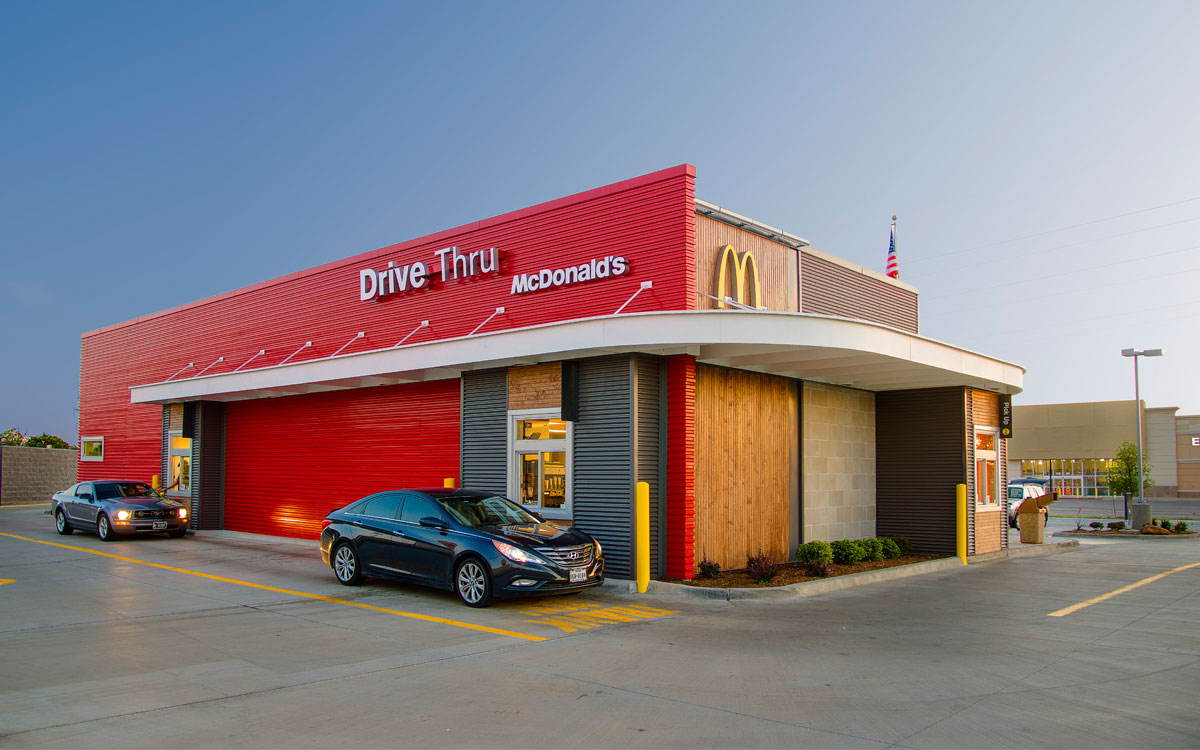The NextGen Cup Consortium and Challenge, convened by Closed Loop Partners, announced that McDonald’s joined Starbucks as a founding member of the group joining together to develop a global recyclable and/or compostable cup solution. This announcement follows recent commitments by both companies to drive innovation of their packaging and help reduce waste.
McDonald’s is committing $5 million in partnership with Closed Loop Partners to help launch the NextGen Cup Consortium and Challenge announced earlier this year, bringing the total contributed to $10 million. The Challenge kicks off in September and invites innovators, entrepreneurs, industry experts, and recyclers to submit their ideas for the next generation of recyclable and/or compostable cups. Awardees will receive acceleration funding up to $1 million based on key milestones. Up to seven of the awardees will enter a six-month accelerator program to help scale their solutions.
“McDonald’s is committed to using our scale for good to make positive changes that impact our planet and the communities we serve,” says Marion Gross, senior vice president and chief supply chain officer, McDonald’s USA. “We are excited to join Starbucks and Closed Loop to help solve this pressing challenge as collaboration is key to finding a scalable, lasting global solution.”
“We are proud to come together with industry partners like McDonald’s to drive innovative, scalable solutions for cup waste,” adds Colleen Chapman, vice president of Global Social Impact focused on sustainability for Starbucks. “A better cup will benefit the entire industry and we invite others to join us as we move these efforts forward.”
NextGen builds on years of work in the industry and is a critical step in the development of a global end-to-end solution that will potentially allow the 600 billion cups globally to be diverted from landfills and given a second life.
NextGen is building a robust advisory council including leaders in environmental NGOs including WWF; human-centered design, academic leaders, the paper and plastic industry, recyclers, composters, and municipalities. This council will ensure that the work is grounded in the needs of the entire value chain and the cups make it from shelf to consumer and back through the recovery system to another high value use.
“There has never been a greater need to tackle the ways in which we source and recover materials. McDonald’s participation is a strong step forward in building momentum from major brands to come together and develop innovative approaches to materials waste,” says Erin Simon, director of sustainability research and development and material science at World Wildlife Fund, U.S. “Working together across the entire value chain of these major companies will allow us to create a comprehensive and lasting solution to this critical conservation challenge.”
Launching in September, The NextGen Cup Challenge, in partnership with OpenIDEO, is the first initiative in this journey. The NextGen Cup Challenge will be open to supply chain leaders, innovators and solution providers that have promising solutions to recovery of single use cups, with a focus on the fiber based hot and cold cup, starting with creating a fully recyclable and/ or compostable cup in North America.
“To date we have received more than 1,000 inquiries from companies and individuals interested in participating in the challenge and we anticipate some exciting and impactful proposals,” says Kate Daly, executive director of the Center for the Circular Economy at Closed Loop Partners. “In our experience investing in circular economy innovation, we find the most successful path to scaling a systems-changing solution is to bring together key players along the entire value chain in a pre-competitive collaboration. This is the type of partnership we need to foster innovative solutions without sacrificing profit. We are working with consortium members to build a robust shared set of technical, performance, and environmental criteria that we will announce later this summer.”
While NextGen intends to work on the entire cup system, including cups, lids and straws, its first challenge will focus on the fiber-based hot and cold cup, as this is the most significant challenge faced by the industry.


